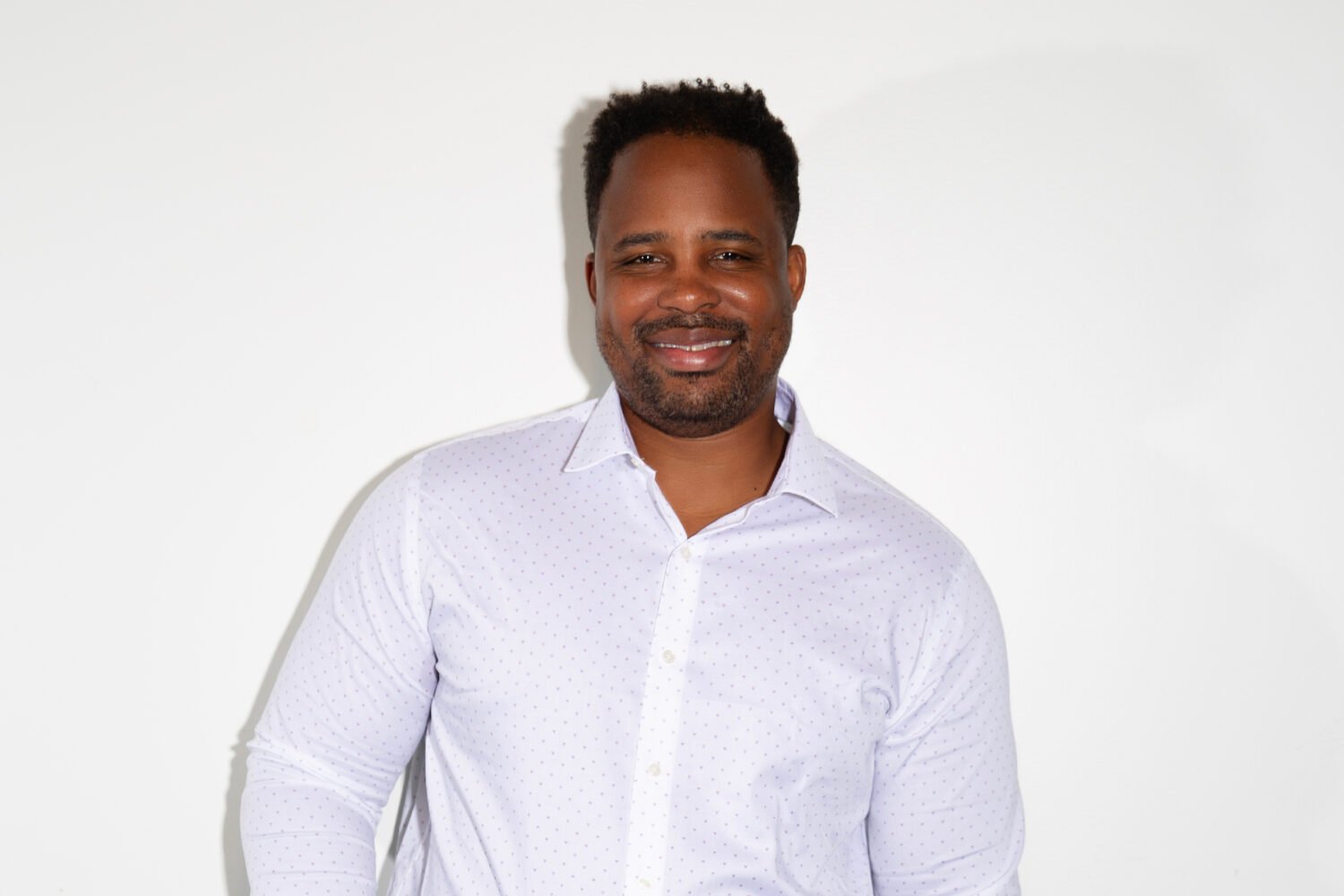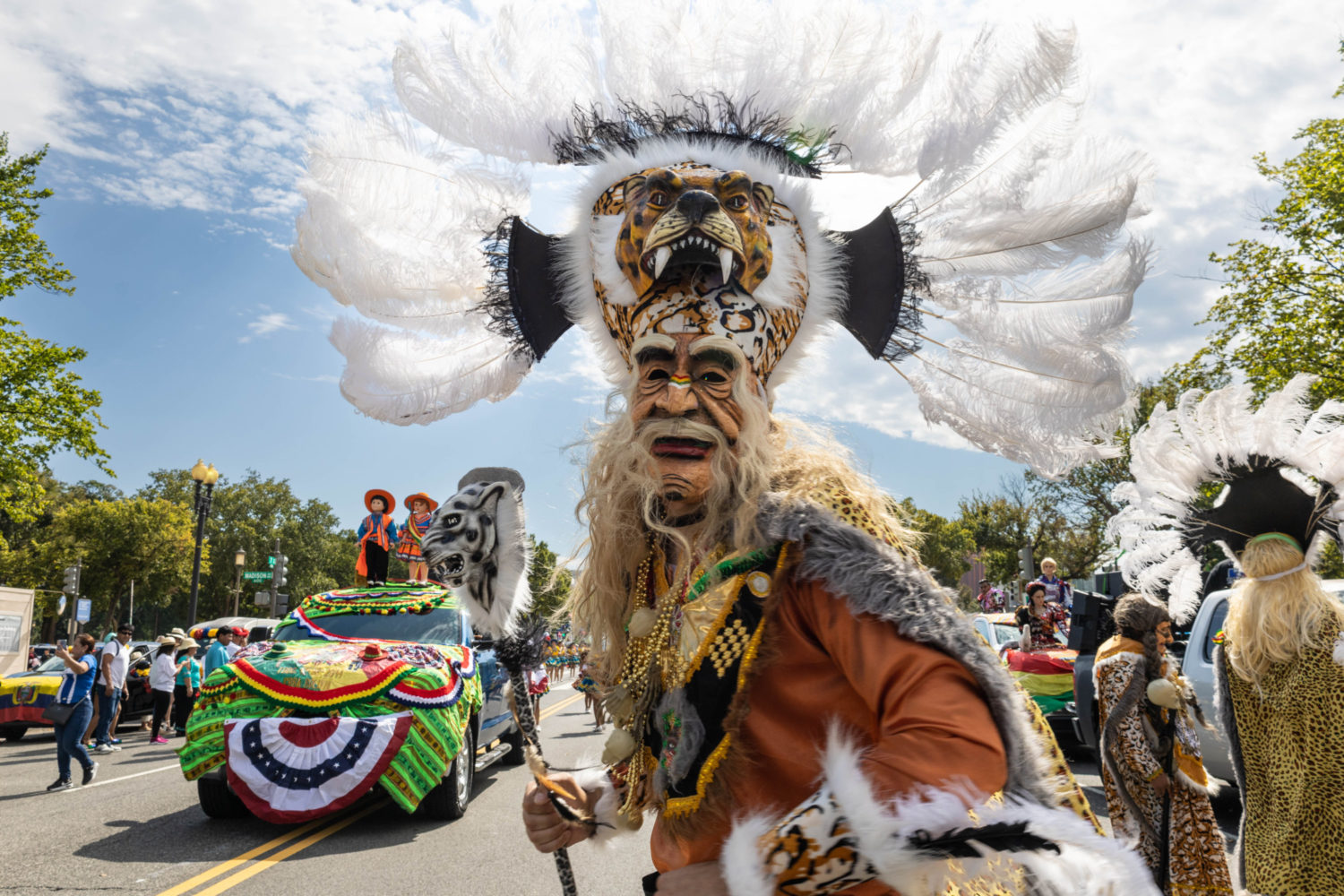Who is Condi Talking About?
Page 44: To be fair, the administration struggled to find a voice between the climate change alarmists who proposed draconian measures to confront the problem and those—even in the administration—who thought that any “concession” on the question was a slippery slope. I don’t think there were any “deniers” among the key members of the President’s team. But there was a wide divergence of opinion about how much the President should do.
Page 132: The Vice President’s staff grumbled to Steve Hadley, but there wasn’t really much pushback.
Page 145: One diplomat who was serving in the Middle East told a reporter at a cocktail party that he could no longer do his job thanks to “that speech.” Unfortunately the remark got back to the White House, shaking our confidence in him and adding to the perception that the professionals in the Foreign Service didn’t really back the President.
Page 150: The substance of the sentence was unremarkable, but the phrase “axis of evil,” which was, in fact, inserted by a speechwriter, was only meant to vivify the point that certain kinds of regimes with WMD might transfer those weapons to a terrorist.
Page 198: We worked closely with the White House communicators, and they, not surprisingly, pushed the President to be specific in describing the threat. They loved the sporadic declassified nuggets, which had the added attraction of giving the American people a sense of being “let behind the spy’s curtain,” as one person put it.
Page 217: One of my aides, seeing my frustration, noted that Israelis are among the most legalistic people on Earth; after all the Torah is mostly about keeping the law, he said.
Page 286: An ingenious press person at Defense has found a young army captain who’d led the team that secured many of the weapons depots.
Page 291: A colleague from France had put it a different way: “After 9/11 we knew that you would do what you needed and wanted to do. We just hoped to know your intention even if we couldn’t always influence them.”
Pages 315-316: The serving assistant secretary was resistant to changes that needed to be made. That would have been fine, and I certainly would have allowed him to make his case. But when Brian, my chief of staff, walked into my office late one evening and told me that the gentleman had gone behind my back to complain to his patrons on the Hill, I decided that the bureau needed new leadership. The message had to be clear that I encouraged open disagreement but that this kin of behavior was unacceptable.
Page 338: Later that afternoon, I received a recommendation that we recall our ambassador to Syria. Syria’s military forces occupied Lebanon, supported Hezbollah, and had long intervened in Lebanese politics. Syria’s leaders hated Hariri, who had deep ties to the West, especially to the French. Everyone believed that Syria’s fingerprints were all over the assassination, so I talked with the President and we decided to withdraw our ambassador from Damascus to underscore Syria’s suspected complicity and put them on the defensive.
Page 341: When one of the very able briefers answered one of my questions about a $1 million item by saying (gently) that I didn’t need to know the details, I resolved to institute budget reform within the department.
Page 469: My first hint had come not from the intelligence agencies but from an e-mail that a friend passed on to me. It had come from his son, a young officer serving in Anbar who talked about the improving environment and cooperation with the locals.
Page 500: And when I returned to Washington, a well-known left-leaning journalist said to me,” You play two deuces better than anyone I know.”
Page 508: Egypt had even been the first Arab state to send a diplomat to be ambassador in Baghdad. Unfortunately, the envoy had been kidnapped and killed in July 2005, and Cairo had been understandably cautious about sending another representative to replace him.
Page 543: The GCC+2 foreign ministers were terrified that we were about to leave Iraq and abandon the Sunnis. “It hurts me as an Arab to say this,” the Egyptian said, “but you need to increase your presence and finish the job. We will able done if you don’t.”
Page 636: I kept getting less-than-satisfactory answers to my questions, and when one general said, “Well, that’s not possible,” in response to a question about better governance in one area, I became furious. “I’m an American,” I said. “Nothing is impossible.”
Page 659: “I can go all day and no see another person who looks like me,” I told the director general in advocating for more aggressive minority hiring.
Page 672: As the Bucharest Summit approached, we intensified consultations with the Germans, trying to find a solution, Steve Hadley working closely with his German counterpart.
Page 706: By all accounts, he answered questions somewhat petulantly, only reinforcing concerns in the Pentagon, the Vice President’s office, and even the National Security Council staff.
With the publication of Condoleezza Rice’s No Higher Honor, most of the George W. Bush administration staff’s memoirs are now out, and there appears to be a unifying theme: the tendency to refuse to name certain players. Rice uses this device more than 20 times. For example, she often refers to conflicts with “the Vice President’s staff,” notes that “a speechwriter” inserted the words “axis of evil” into a speech, and says “one of my aides” informed her “that Israelis are among the most legalistic people on Earth.”
Why Rice is so cryptic seems itself a mystery. She’s not protecting sources as a journalist might. She isn’t unwilling to name names—the Washington Post chided her for name-dropping. She’s also willing to criticize, going after Doug Feith by name, among others. It’s not because she doesn’t want to waste time naming ancillary characters: She identifies her trainer even as some ambassadors go nameless. It isn’t because the IDs of the people in question are a mystery: It’s well known that David Frum claimed credit for the “axis of evil” line. And space couldn’t have been an issue, because the book is more than 700 pages.
Karl Rove en-gaged in this coyness in his Courage and Consequence. The most intriguing instance concerned an aide in the 2000 campaign “who could be counted on to share sensitive, unauthorized information with the press” and whom Rove misdirected into telling the media that John Danforth, not Dick Cheney, was going to be the vice-presidential nominee. The most identifiable of Rove’s anonymous characters, at least to anyone familiar with the administration, is the “enforcer” Josh Bolten brought in “to make certain that [the facts behind candidate Bush’s policy speeches] were accurate, ready on time, and as meaty as possible”—talented but tough Gary Edson. When I asked Rove about his use of anonymity, he explained he “wanted to illustrate a certain point without embarrassing somebody.”
Less prominent aides also used the technique. Even though Tim Goeglein’s The Man in the Middle at times appears to include the names of every one of his White House colleagues (this writer included), he at one point has a long conversation with an unnamed staffer who talked to him, fairly innocuously, about the thinking behind Bush’s stem-cell policy.
Speechwriter Matt Latimer used anonymity in his nasty tell-all—typically to refer to aides who didn’t serve their boss well.
Former aide Ron Christie offers an eye-opening use of the contrivance in his book, Black in the White House: In one bizarre incident, a fellow staffer refers to the Vice President’s diverse staff by saying, “It’s starting to look like a ghetto down here.” Christie tells me, “The important thing for me was to give readers a sense of the story without tarnishing someone’s reputation.”
The most famous use of the anonymous coworker was by Ronald Reagan speechwriter Peggy Noonan, who throughout What I Saw at the Revolution calls chief of staff Donald Regan’s never-named aides “the mice” (since outed by Reagan biographer Lou Cannon as David Chew, Al Kingon, Tom Dawson, and Dennis Thomas). In a later essay in the Wall Street Journal, Noonan criticized two speechwriting colleagues, calling them “the Hack” and “haircut boy.”
Most of Rice’s anonymity cloaks are less vitrolic—often banal. But others are tantalizing, and probably identifiable—such as the US diplomat who didn’t like Bush’s June 24, 2002, Middle East speech and “told a reporter at a party that he could no longer do his job thanks to ‘that speech.’ ” Who is this nefarious character? Rice never says, but readers—and history—deserve an answer.
Do you think you know who Rice is talking about in each of the references posted at right? E-mail your guesses to condibook@washingtonian.com.
This article appears in the December 2011 issue of The Washingtonian.
















